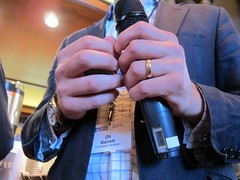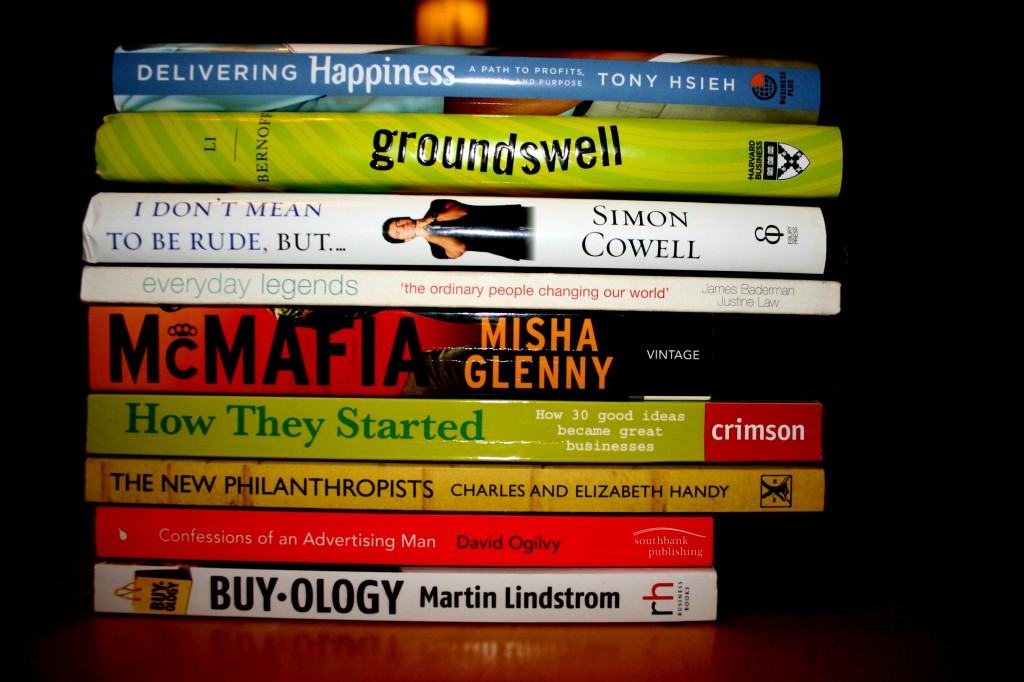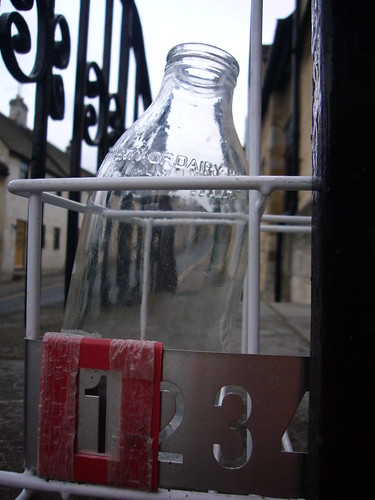Four Formats
Sometimes a room above a pub is all that you need for an enjoyable event. It can help to include some guests, some drinks and some good conversation, I suppose…
Sometimes though, it is fun to have a format to help people to connect or to spice things up. Here are four techniques which I’ve enjoyed using over the past few months…
1) Question Time Dinner.
I used this earlier this month, for nine of us, around a restaurant table. I ‘chaired’ the discussion part of the dinner, although any of the guests could have done that. Everyone submitted a question, anonymously, on a scrap of paper. The question could be big or small, silly or serious. The general topic of the evening happened to be ‘Government meets Technology’ but the questions didn’t have to be on that subject. I read through the scraps of paper and ordered the questions in a way which I found interesting. For an hour or so during dinner we moved through half a dozen of the questions, which ranged from “Does it matter if the Chief Constable of Sussex Police is on Twitter?” through to “What would you do if you had the keys to Number 10?”. Some questions involved going round the table for answers, others were more of a free-for-all discussion. It seemed to work well, and I’d advise taking short breaks between sets of, say, three questions to break up the evening.
2) 7s (Sevens)
Seven of us meet every six weeks for dinner. We tend to meet at each other’s houses and either cook, or order a take-away. It is the same group each time. I was invited into the group by a fantastic entrepreneur, who for reasons of confidentiality and gratuitous mystery, I had better not reveal. The only excuse for missing ‘Sevens’ is if you are out of the country. Meetings are completely off the record. We discuss both business and personal life. It is the same seven every time. Although we will start and end with informal drinks, the ‘meeting’ bit is chaired by one of the seven, decided on the night. This is one of the most enjoyable groups I’ve ever been part of. It is a safe forum to share what we’ve been up to, our plans and our challenges. More than anything, it’s great fun. We trust each other. It works well and I’d encourage anyone to consider setting up their own group.
3) Speed Networking
Well I couldn’t miss this one could I? I’ve hosted hundreds of Speed Networking sessions for everyone from Ambassadors to Dragons, at least one Prime Minister and more than a few Chief Executives. This month I Speed Networked with Sir Gus O’Donnell, head of the Home Civil Service, which I enjoyed enormously. The format could not be simpler – I wish more people would do it! You need a whistle and a stop-watch. Tell people (this is of course optional), that there are three rules. You must meet people you’ve never met before, you can talk about whatever you like, and when you hear the whistle blow, you must change partners. It works best when introduced as a ‘game’ for about fitteen to twenty minutes during an event. Too long and the energy drops. I have found that it works especially well if you worry that people at an event might not mix, or might stick to their specific ‘groups’ and you want to shake things up a bit.
4) Future Bios
I used this recently in Chicago with the British Council and had some good feedback. I made the point that for most people, our ‘bio’ tends to talk about we do today and what we have done. I’m more interested in what people are about to do. What they are plotting. I invited the group (about 100) to take a piece of A4 paper each, and to write on it their name, what they were looking for practical help with, and the sort of things that they might be able to offer to others. Sometimes these could say ‘talk to me, John’, sometimes they would list the name of an organisation or website that the person should check out. We then took an hour to browse each other’s pieces of paper. If we saw something we thought we could help with, we stuck a (good old) Post-It note on the page. After an hour, everyone returned to their own piece of paper. It was like Christmas morning! Several people had 15 or more ‘offers’ of help. This session took place during a busy week, and the participants had at least another day to follow up with any of the people who they connected with in this session. I think that it could also work during a one-off event, provided that there was enough time to follow up, and enough methods for navigating the group and finding people.
I’m inspired by several friends here in the UK to keep experimenting with new formats. Steve Moore, Lloyd Davis and Johnnie Moore are just three people who are always prepared to take a risk when it comes to bringing people together in interesting ways. What formats have worked for you over the years, and what would you like to see more of?





